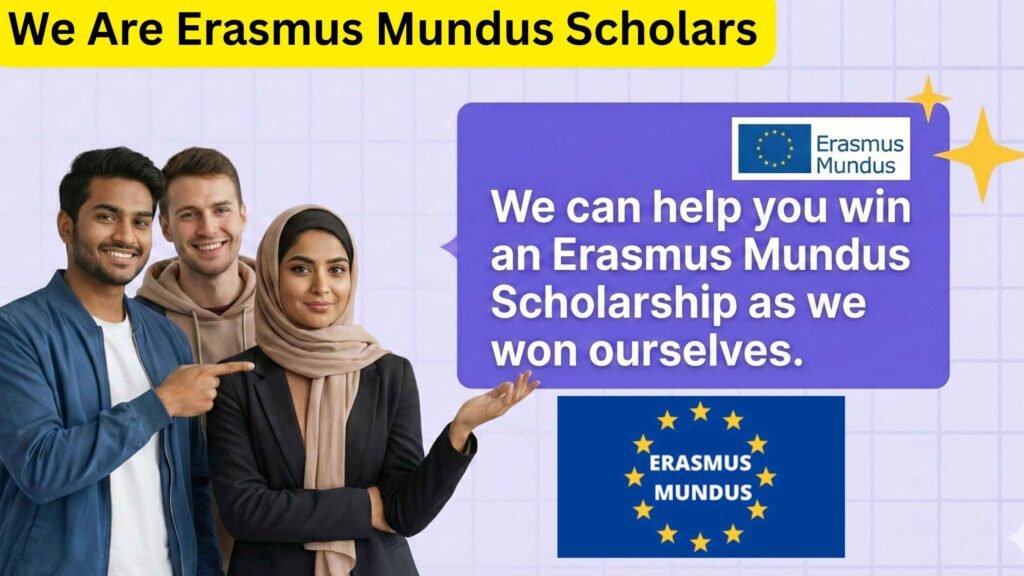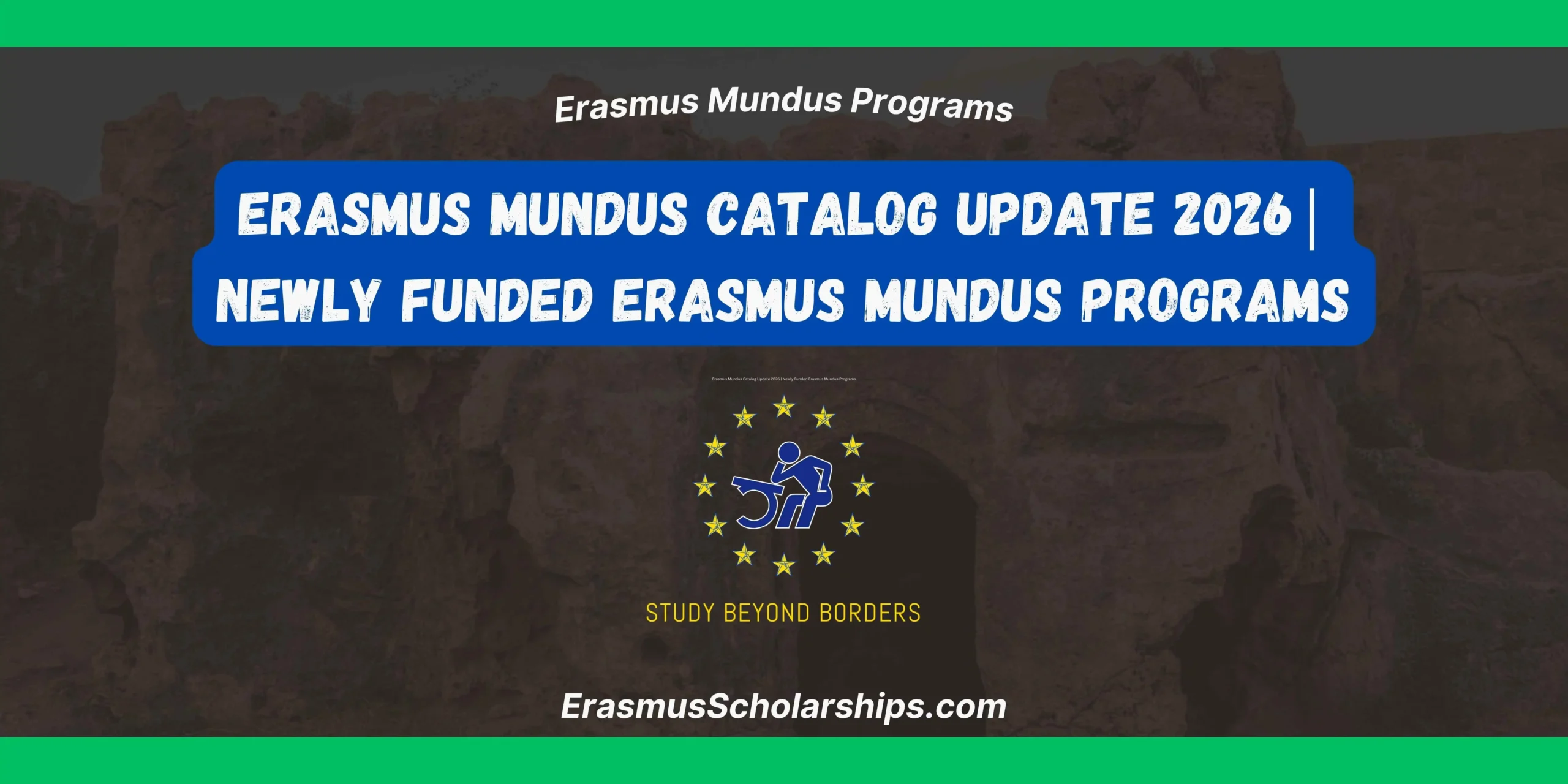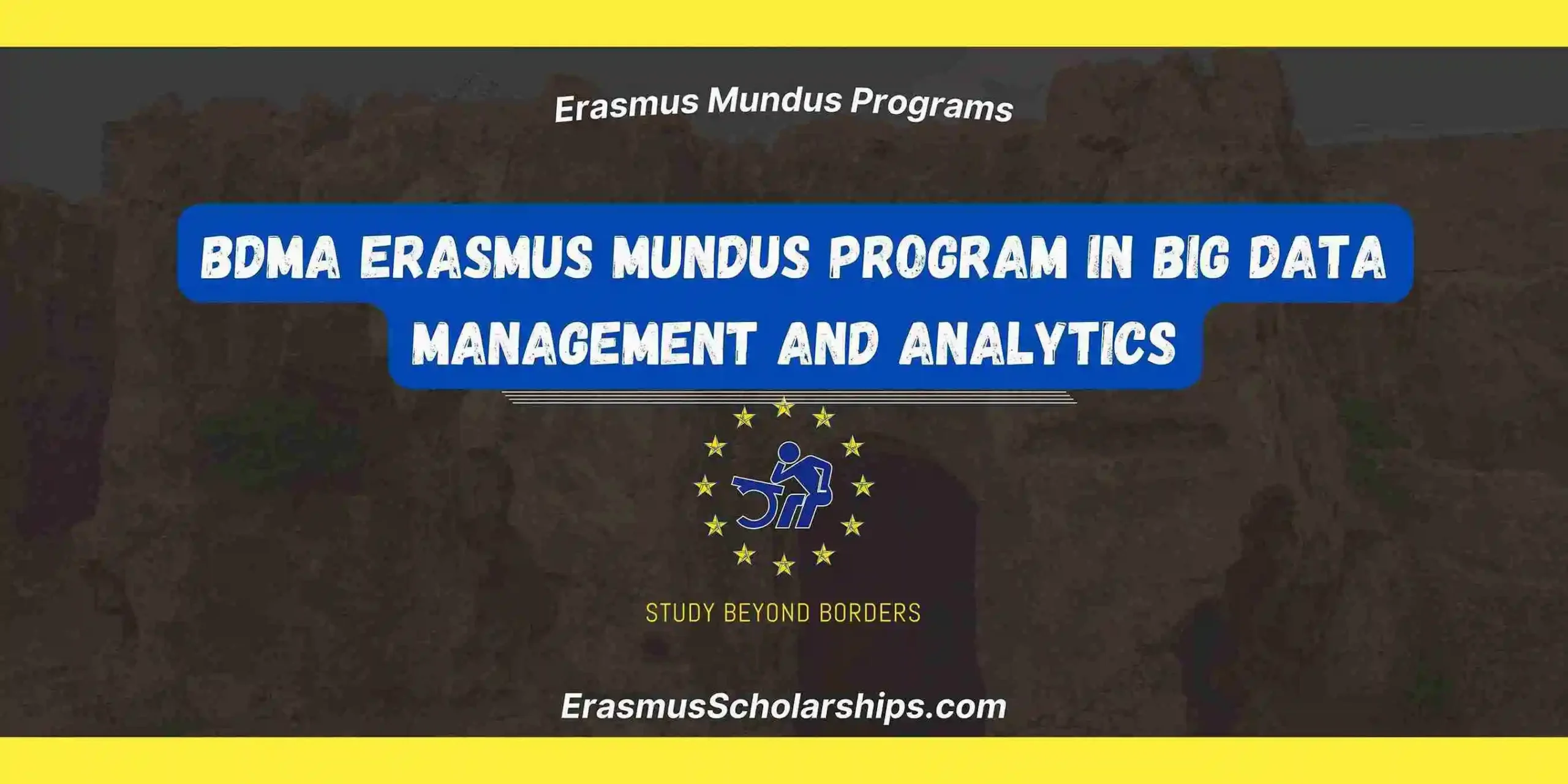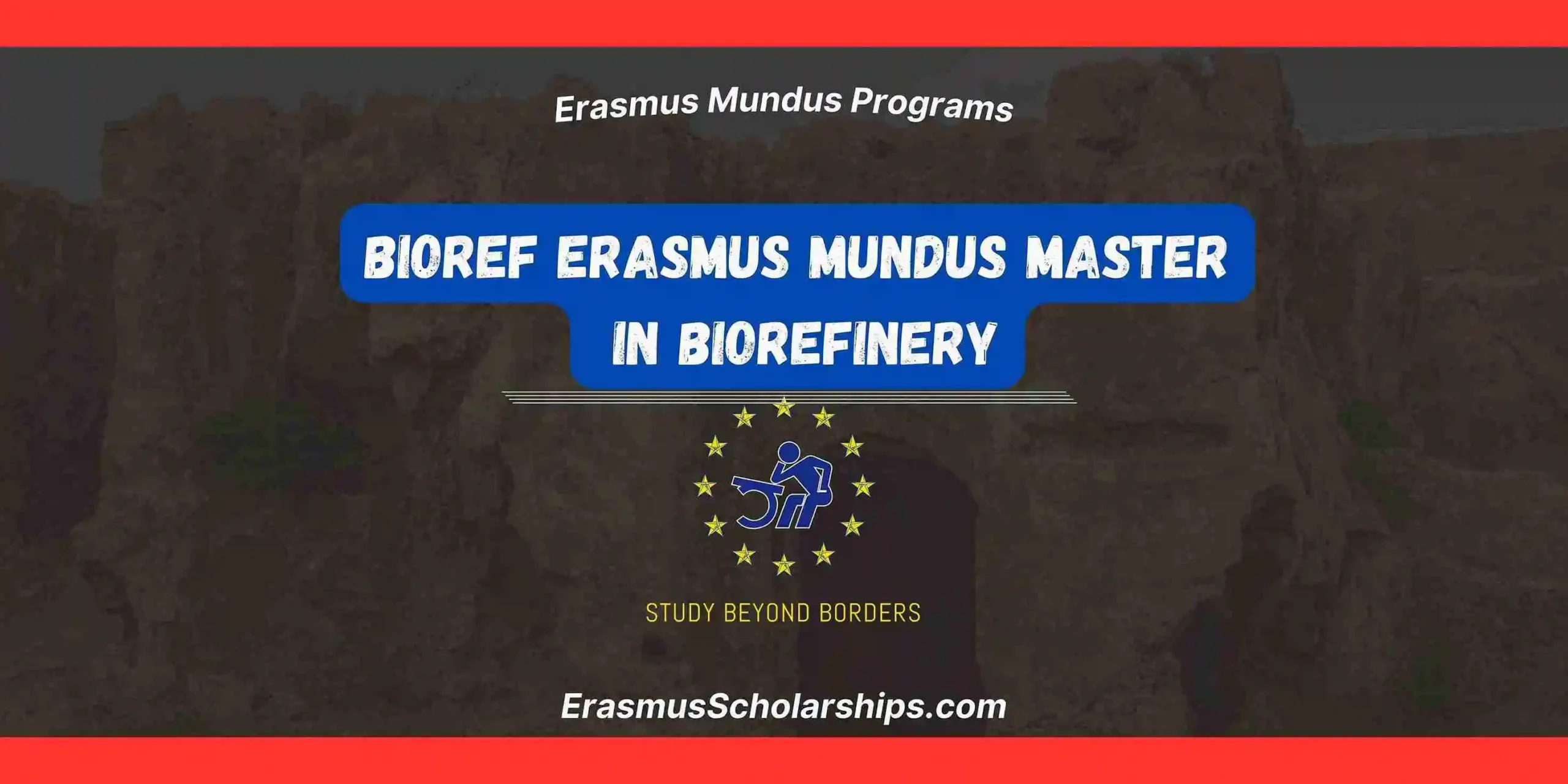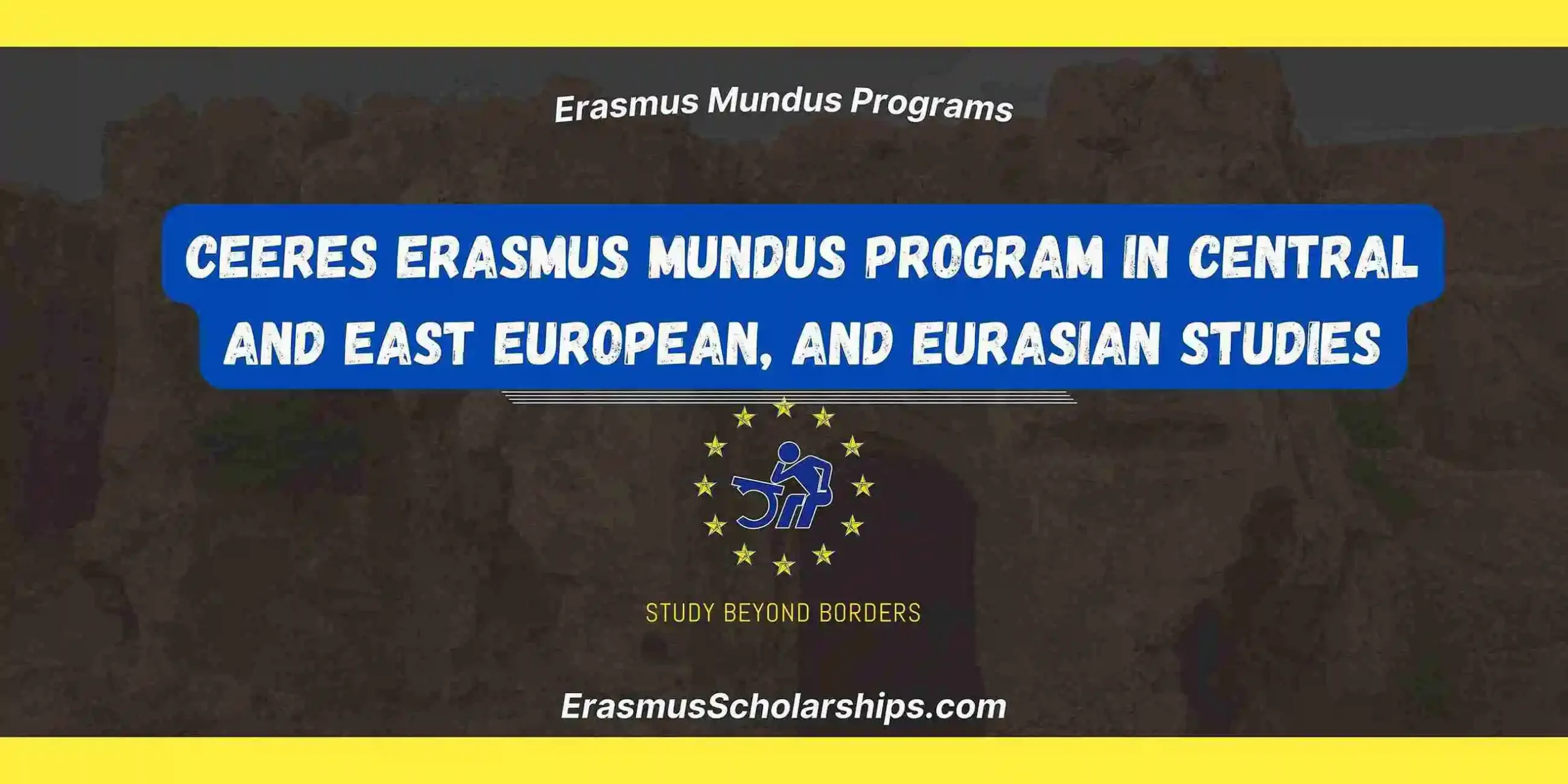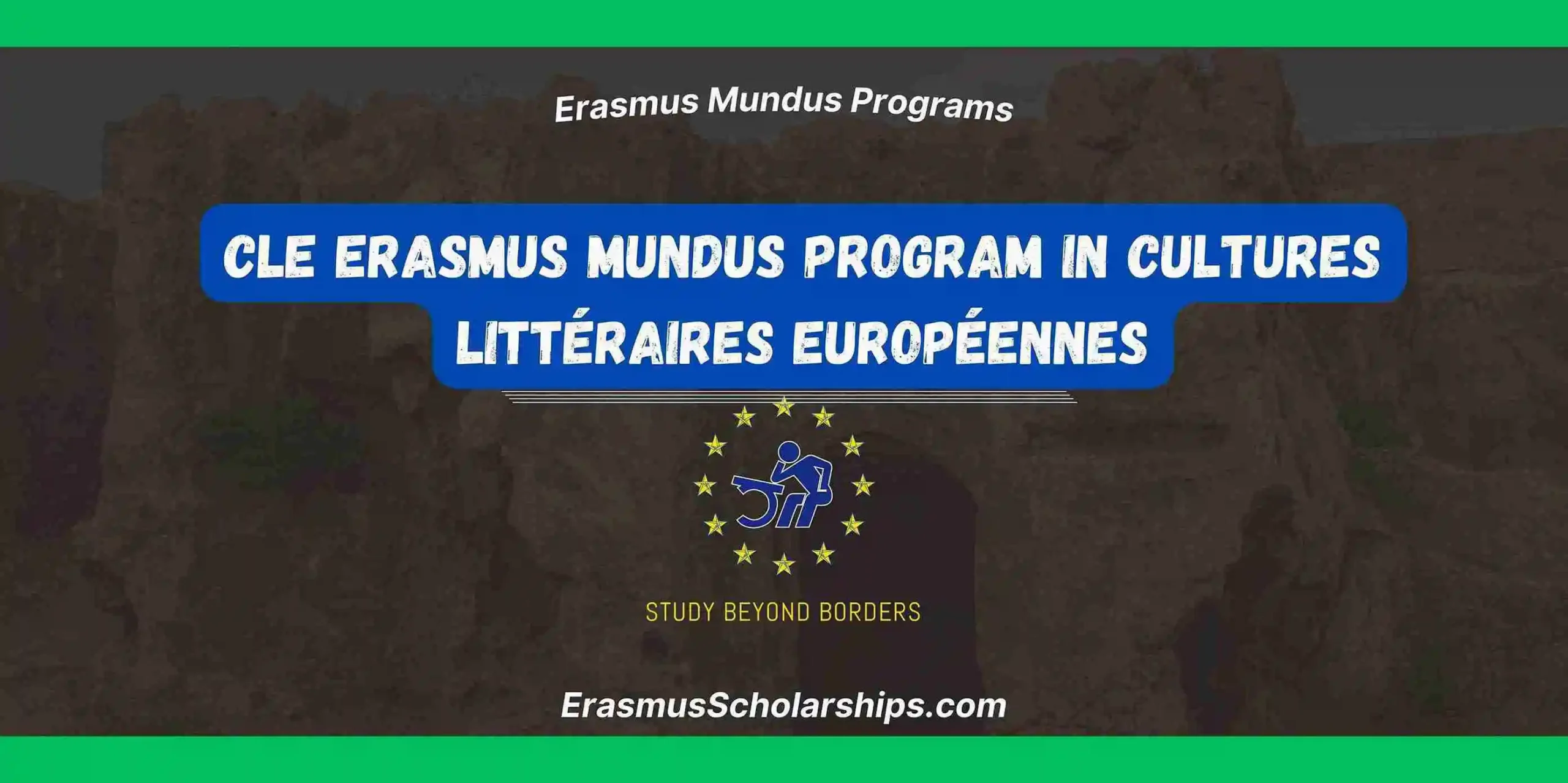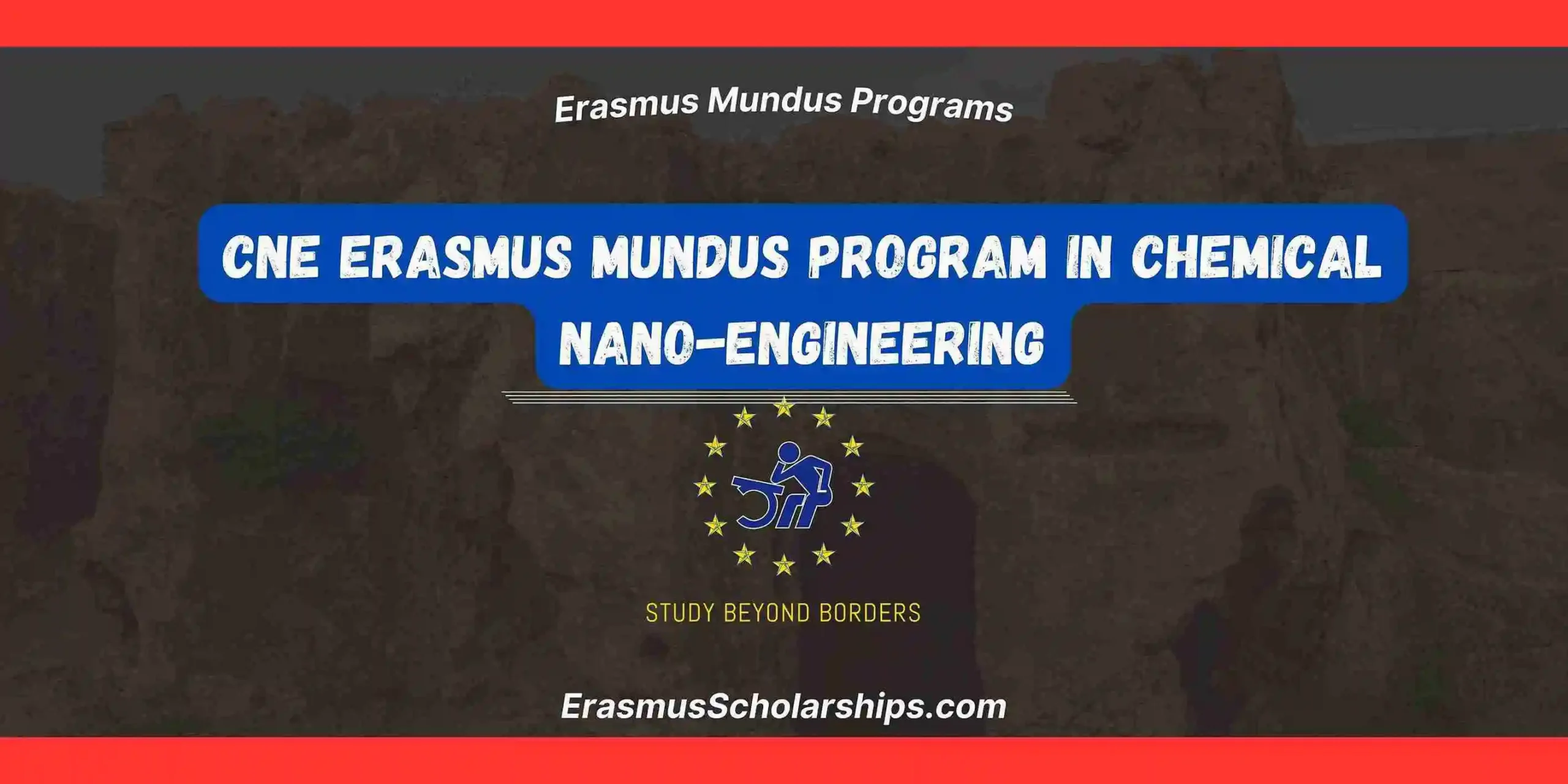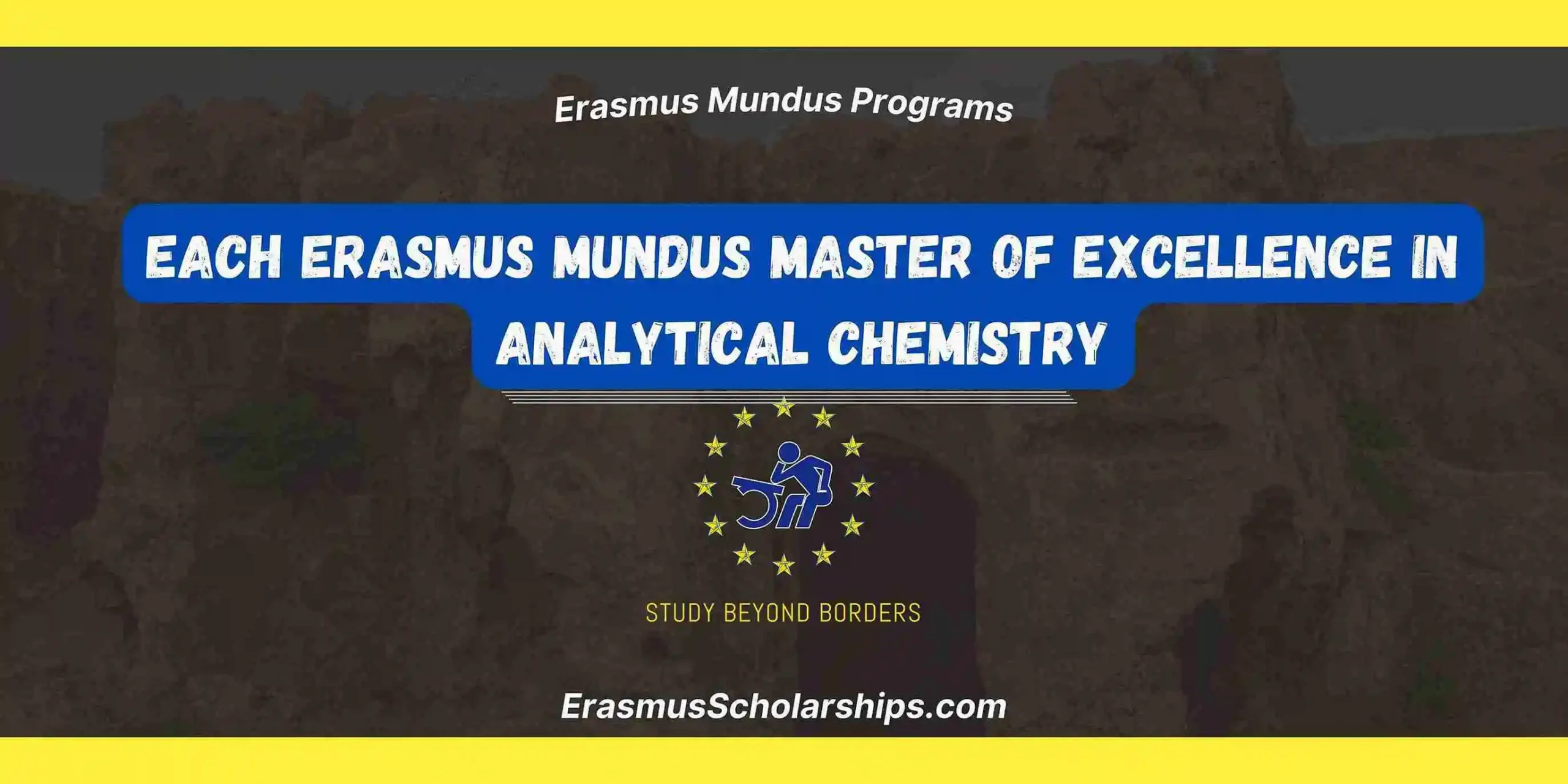The EMMIR Erasmus Mundus Master’s program is a unique, interdisciplinary course focused on migration studies and intercultural relations. Designed for students interested in global mobility, societal integration, and intercultural challenges, this program brings together leading universities from Europe and Africa. It offers an enriching academic environment that combines rigorous coursework with practical fieldwork to understand and analyze migration from diverse perspectives.
This two-year joint Master’s program prepares students for impactful careers in policy-making, research, international development, and humanitarian sectors. Through mobility across partner institutions, students gain exposure to different migration contexts, cultural narratives, and academic frameworks. The program is a part of the Erasmus Mundus Joint Master Degrees (EMJMD) and is known for its academic excellence, cross-continental collaboration, and commitment to global social change.
Project Status
- Status: Ongoing
- Start date 01-01-2022
- End date 31-12-2027
- Action Type: Erasmus Mundus Joint Master
- Universities Involved
- Countries Involved
The EMMIR Erasmus Mundus program is a Master’s in migration and intercultural relations, delivered by top European universities with a focus on global social change.
| University of Oldenburg |
| Ahfad University for Women |
| Mbarara University of Science and Technology |
| University of South Bohemia |
| University of Stavanger |
| Mahanirban Calcutta Research Group in Kalkutta, |
| Germany |
| Sudan |
| Uganda |
| Czech Republic |
| Norway |
| India |
This cross-border collaboration allows students to gain an international perspective while studying and researching in the heart of Europe’s academic and industrial hubs.
Description of the EMMIR Erasmus Mundus Program
The EMMIR Erasmus Mundus Master’s in Migration and Intercultural Relations is the first African-European Erasmus Mundus program in migration studies. It equips students with theoretical and methodological tools to investigate migration and intercultural dynamics in a global context. With a strong focus on decolonial and transdisciplinary perspectives, the program empowers students to challenge Eurocentric narratives and embrace multi-layered understandings of mobility, identity, and diversity.
Key Features of the EMMIR Erasmus Mundus Program
- A two-year full-time Master’s degree
- Focus on global migration, refugee studies, and intercultural communication
- Study at multiple universities across Europe and Africa
- International internships and fieldwork opportunities
- Scholarships available for both EU and non-EU students
- Courses taught in English
- Access to a global network of researchers, practitioners, and alumni
Mobility Tracks of the EMMIR Erasmus Mundus Program
- First Semester: University of Oldenburg, Germany – foundation courses
- Second Semester: One of the partner African universities (e.g., Ahfad University or Makerere University) – intercultural fieldwork
- Third Semester: Choice of specialization at one of the European partner universities
- Fourth Semester: Thesis research and writing (can be conducted at a partner university or during internship)
Admission Requirements
- Hold a Bachelor’s degree in Social Sciences, Humanities, or related fields
- Provide proof of English language proficiency (TOEFL/IELTS/other recognized certificates)
- Submit a motivation letter
- Provide academic transcripts and degree certificates
- Submit two academic reference letters
- Provide a research proposal or statement of purpose
How to Apply for EMMIR Erasmus Mundus Program
- Visit the official EMMIR website
- Review eligibility criteria and application instructions
- Prepare all required documents (transcripts, certificates, motivation letter, references, etc.)
- Submit your application online via the application portal
- Wait for the pre-selection, interview, and final decision
Tips to Win the EMMIR Erasmus Mundus Program
- Craft a powerful motivation letter: Clearly express your academic background, interest in migration, and how EMMIR fits your goals
- Be authentic: Share your personal experiences and perspectives related to intercultural relations or migration
- Show research potential: A thoughtful research proposal can make your application stand out
- Highlight your commitment to social change: EMMIR values applicants who are socially engaged and globally aware
- Meet all requirements on time: Late or incomplete applications will not be considered
Application Timeline
- Opens: October
- Deadline: January
- Interview: March
- Enroll: Starting September following selection
Curriculum Structure of the EMMIR Erasmus Mundus Program
- Semester 1: Introduction to Migration Studies, Academic Writing, Intercultural Communication (Germany)
- Semester 2: Fieldwork, Research Methods, Gender and Migration, African perspectives (Africa)
- Semester 3: Specialization modules, electives, project work (Europe)
- Semester 4: Master’s Thesis + Internship or Applied Research (Flexible location)
Coordinator Contact
Email: emmir(at)uni-oldenburg.de
Alumni Feedback
“You arrive in a new country with such a diverse group that brings vast knowledge and creativity to address issues on migration, displacement, identity, movement, nationalities, stereotypes, gender, and multiculturalism. EMMIR allowed me to discuss and learn from my colleagues their unique world visions and realities within this field.”
~Alejandra
Frequently Asked Questions (FAQs)
What is the duration of the EMMIR Erasmus Mundus program?
The program is two years long, including coursework, fieldwork, and thesis research.
Do I need prior experience in migration studies to apply for the EMMIR Erasmus Mundus program?
No, but a relevant academic background and interest in migration and intercultural issues are essential.
Can I apply for a scholarship under the EMMIR Erasmus Mundus program?
Yes, Erasmus Mundus scholarships are available for both EU and non-EU applicants.
Is English proficiency mandatory for the EMMIR Erasmus Mundus program?
Yes, all courses are taught in English. Applicants must submit proof of language proficiency.
What kind of career can I pursue after completing the EMMIR Erasmus Mundus program?
Graduates work in NGOs, international organizations, academia, policymaking, and development sectors.

